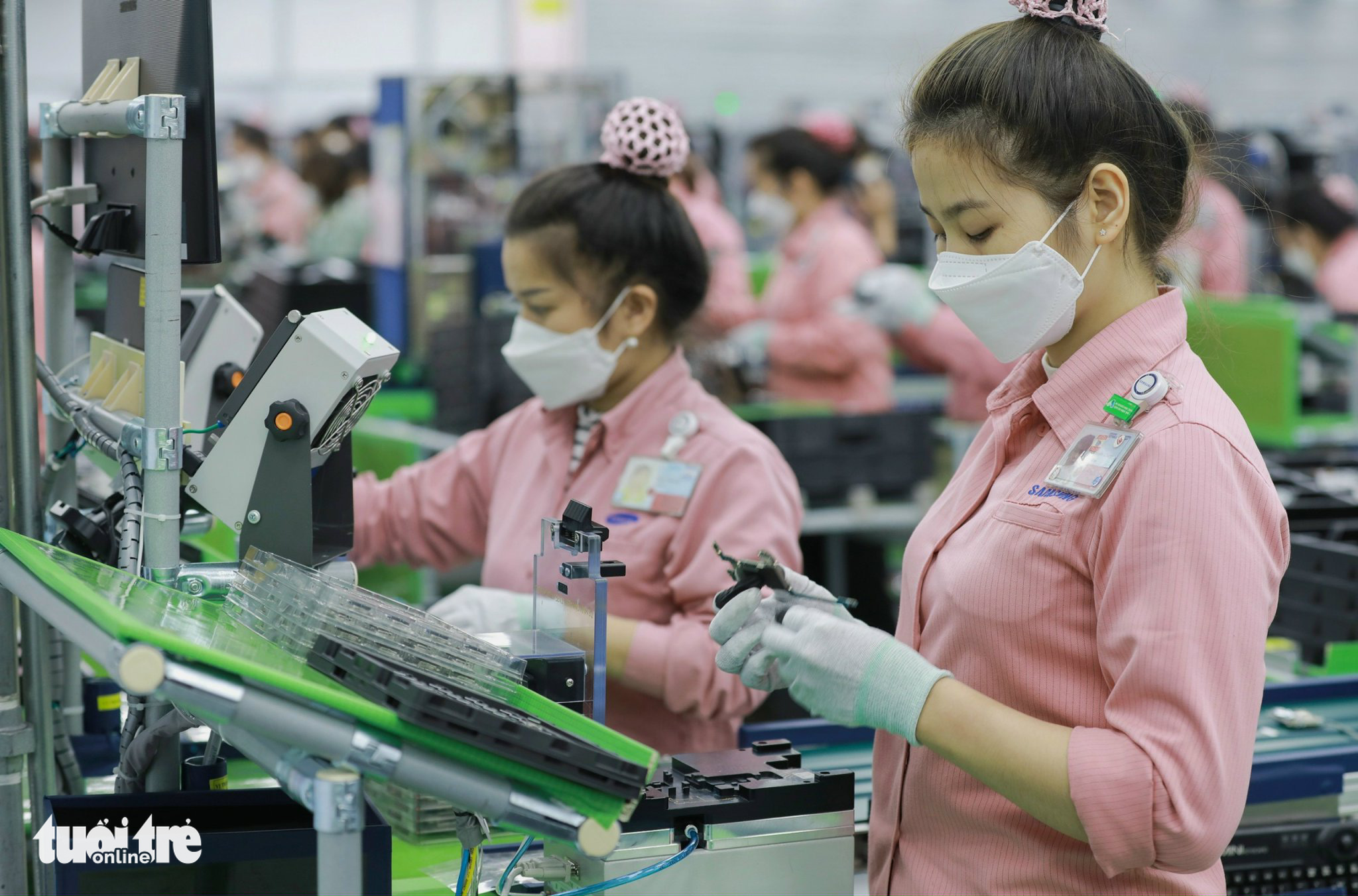Singaporean-based United Overseas Bank (UOB) maintained its forecast for Vietnam’s gross domestic product (GDP) growth at 6.5 percent this year despite global uncertainty brought about by the conflict in Ukraine and soaring commodity prices.
UOB recently released its report on the economic growth of markets around the world, including Vietnam.
The report pegged its forecast for Vietnam’s GDP growth at 6.5 percent and core inflation rate at 3.7 percent this year.
UOB’s forecast for the country’s GDP growth is in line with the Vietnamese government’s goal of hitting a 6-6.5 percent economic expansion for 2022.
The bank's report predicted that the country’s GDP growth will reach 7.6 percent in the third quarter of this year.
However, the inflation rate could rise to five percent in 2023 due to various risks and challenges, including the Russia-Ukraine conflict and related sanctions.
One of the optimistic signs of the Vietnamese economy is that foreign direct investment (FDI) inflows into the country increased in May despite the uncertain situation across the world, according to UOB.
Statistics on FDI from the Ministry of Planning and Investment show that in contrast to the decline in newly registered capital, adjusted capital and contributed capital increased sharply in May and continued to be the main pillars of the country’s FDI inflows.
Newly registered capital dropped 53.4 percent over the same period last year, while adjusted capital and contributed capital rose 45.4 percent and 51.6 percent, respectively.
Overall, Vietnam’s registered FDI in the first five months of 2022 only decreased 16.3 percent year on year to US$11.71 billion.
Among the 79 countries and territories investing in Vietnam, Singapore took the lead with nearly $3 billion, followed by South Korea with $2.06 billion and Denmark with $1.32 billion.
Binh Duong Province led the country in terms of FDI attraction with over $2.5 billion, Bac Ninh Province coming in second with $1.65 billion and Ho Chi Minh City at third place with $1.3 billion.
The removal of COVID-19 restrictions and the reopening of international tourism created new driving forces for the service sector, with UOB expecting tourism-dependent areas such as accommodation and food to grow in the second quarter after nine consecutive quarters of decline.
Like us on Facebook or follow us on Twitter to get the latest news about Vietnam!


















































